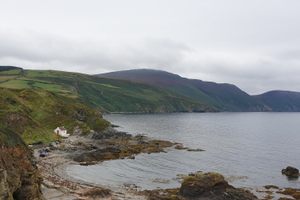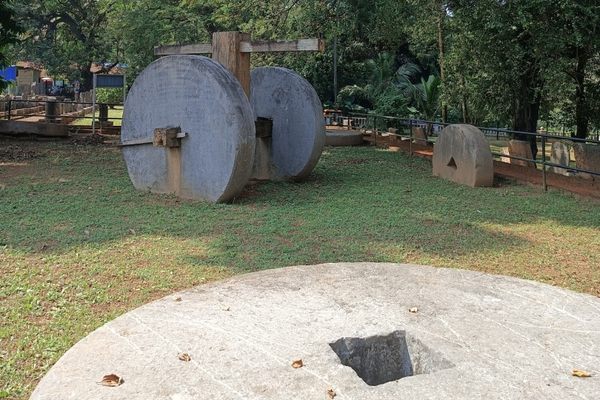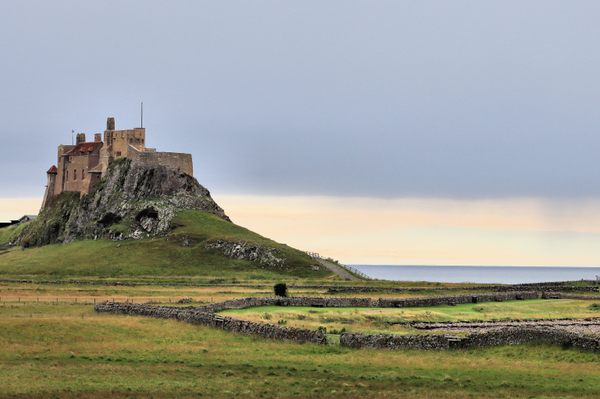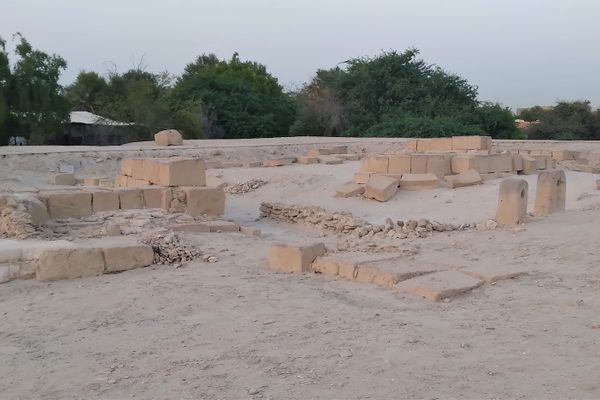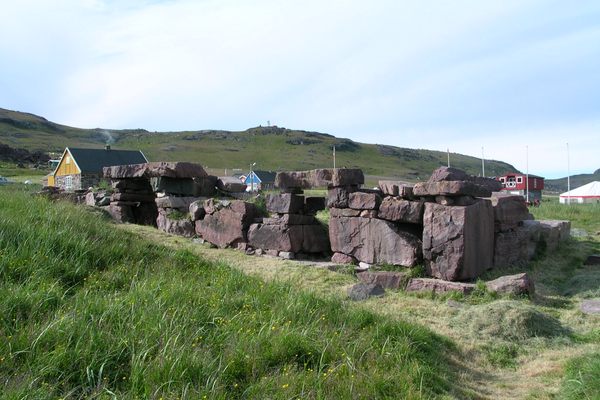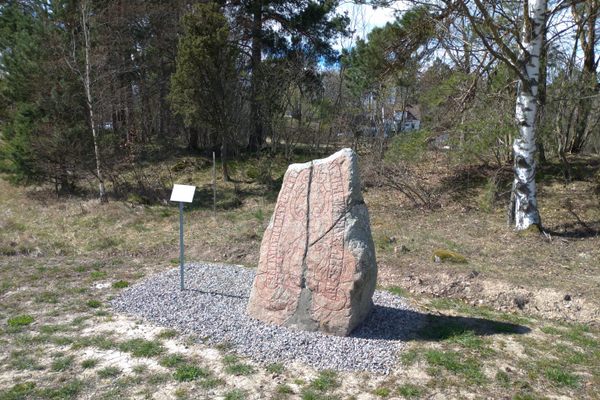About
This four-tiered hill in the village of St John’s on the Isle of Man is one of the island's most distinctive and historic landmarks. The Tynwald Hill marks Isle of Man’s independence as a self-governing crown dependency. Once a year on July 5th, Tynwald Day (Isle of Man’s – National Day), an open-air meeting of the Island’s parliament is held where new laws are proclaimed from the preceding year.
A military procession is conducted, as well as the singing of the national anthem. Afterward, there is a celebration of the Isle of Man's culture better known as Manx culture in various towns and villages. These include music festivals, fairs, galas, and other events that showcase the Island's unique culture, food, and natural surroundings.
The hill is 12 feet high and comprised of four tiers. It was originally created in the 13th-century by what is thought to have been an ancient Viking civilization. This would make it one of the earliest assemblies found in northern Europe.
It's also believed to have been the site of early Viking attempts to introduce a representative system that allowed family disputes to be settled peacefully without the need for violence. There have been many discoveries at the site including Viking graves and even a temple dedicated to the Norse god Thor found near the site of St John’s Church.
Related Tags
Know Before You Go
Tynwald Hill is located a 10 minute drive northwest of Douglas town in the little village of St John’s, just outside the historic coastal town of Peel. There is car parking at the site and there is even the Tynwald National Park and Arboretum that you can explore when visiting.
Community Contributors
Added By
Published
February 25, 2022















